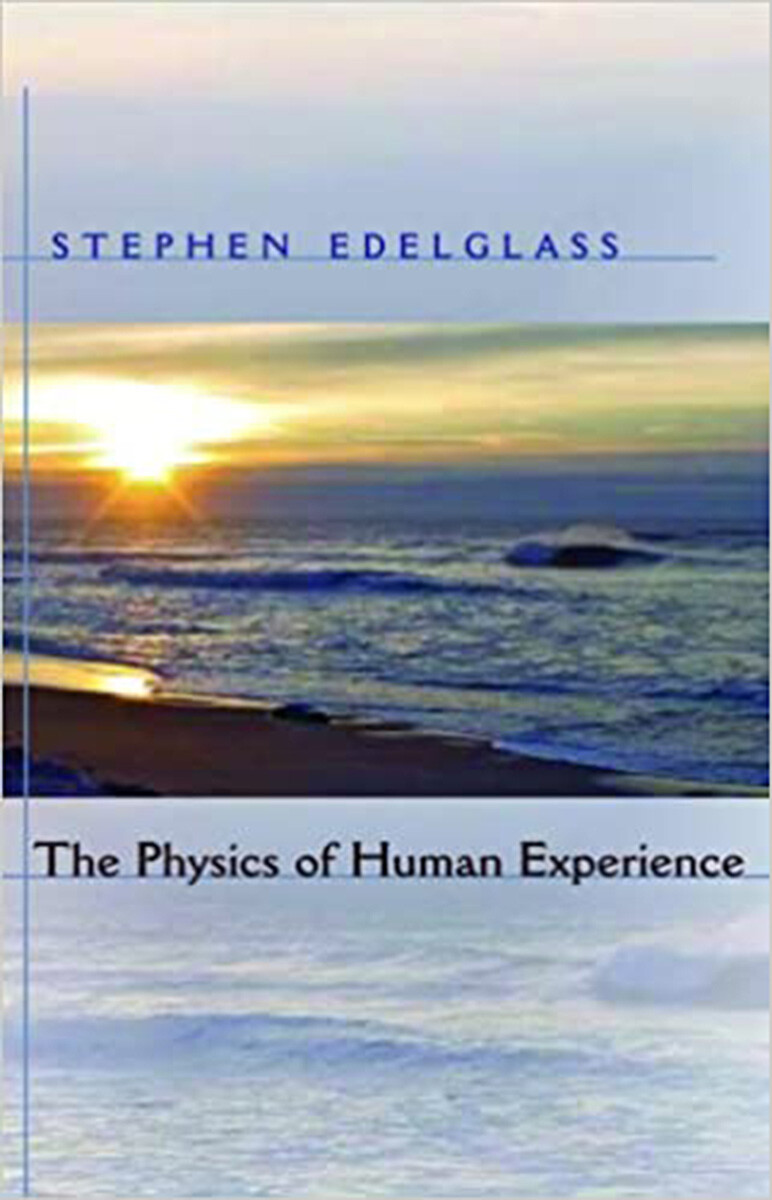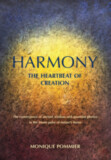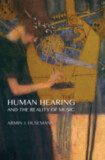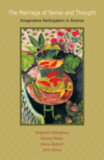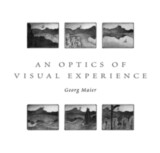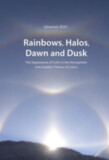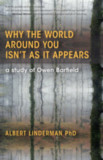- Publisher
Adonis Press - Published
27th October 2016 - ISBN 9780932776341
- Language English
- Pages 140 pp.
- Size 5.5" x 8.5"
In its search for causal explanations, modern science has increasingly come to focus on particles, genes, and other hypothetical elements that lie beyond direct human experience. This reductionist approach has led to powerful new technologies, but it has failed to give us an understanding of nature as we can actually experience it in its richness and depth
A Goethean, phenomenological approach to physics reconnects human experience with scientific inquiry.
Stephen Edelglass
Dr. Stephen Edelglass graduated from MIT (BS and MS in mechanical engineering) and the Stevens Institute of Technology (MS in physics; PhD in metallurgy). He was professor of mechanical engineering at The Cooper Union for the Advancement of Science and Art before assuming a position as Director of Science at the Threefold Educational Foundation in Chestnut Ridge, New York, where he was also on the faculty of Sunbridge College and taught in that school's graduate program. In addition, he taught science to high school students at the Green Meadow Waldorf School in Chestnut Ridge for many years. In 1999, Michael D'Aleo and Dr. Edelglass founded SENSRI, an organization in Saratoga Springs, New York, devoted to phenomena-centered research. He authored several books in materials science and philosophy of science, and contributed a number of research papers in materials science, epistemology, and pedagogy. He was coauthor of Being on Earth (2006) and The Marriage of Sense and Thought (1997). Some of his later writings and lectures were published as The Physics of Human Experience (2006). He was the recipient of a National Science Foundation Faculty Fellowship. Dr. Edelglass died in November 2000.


